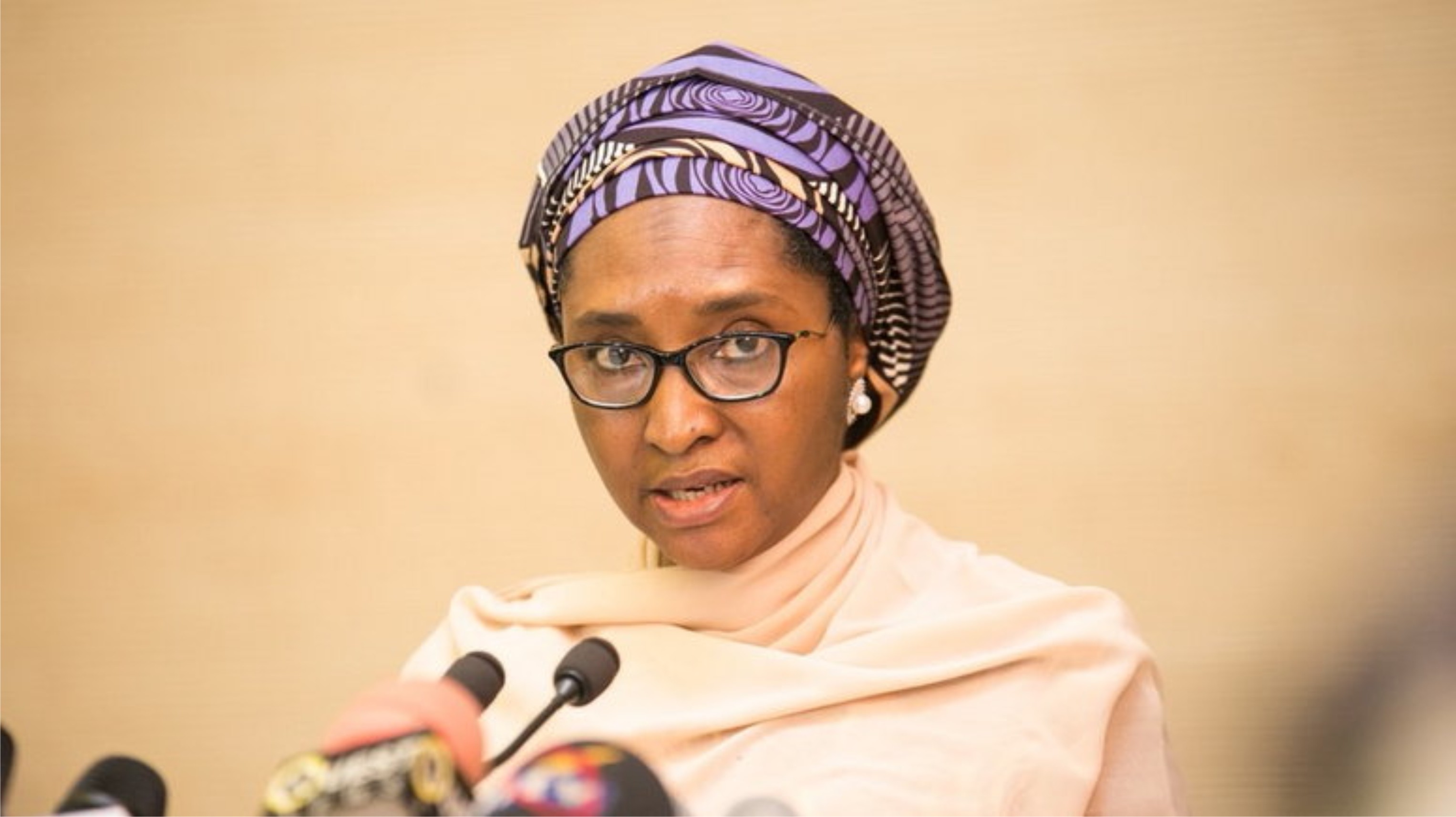Business
Minister Allays Fear Of Workers’ Sack … Hints On Merger Of Agencies

The Minister of Finance, Budget and National Planning, Zainab Ahmed, has stated that the Federal Government has no plan to lay off its workers.
Ahmed, who disclosed this on a monitored television programme aired by the NTA, also hinted on the proposed merger of some agencies.
She denied claims and rumours that the Federal Government was planning on sacking workers, in order to save funds.
The Minister also said President Muhammadu Buhari had said repeatedly that no worker would be sacked, but added that government would encourage people to leave government jobs by giving them incentives.
According to her, government would reduce overheads by ensuring that government agencies are merged.
“Mr President doesn’t want to disengage staff. That is what he has directed from the beginning of his administration. He also directed that we pay salaries. The Federal Government has never failed in paying salaries and he said we must always pay pensions.
“So, he has been consistent in those directives and we have followed those directives to the letter”, she explained.
On how the government would cut personnel costs, Ahmed said, some agencies will be merged and it will cut down operational costs at the end of the exercise.
“We will be able to come up with some incentives and packages to retrain people and redeploy them in some areas where they are useful. For example, we still have a very high need for teachers so we can retrain people and send them to teach, but also with incentive packages to exit. Again, that is also money. If you want people to exit you have to pay them.
“That is an incentive package so that they can go. That is why it is taking a lot of time because it is not easy to decide on this. Everything centres on resources. We need resources and if we had a lot of money, we would just give very beautiful incentive packages and people would exit and go and start their businesses and we would reduce the size of the personnel cost”, she posited.
By: Chinedu Wosu
Transport
Automated Points Concession : FAAN Workers Gave 72hrs To Revise Decisions In PH

Transport
FAAN Announces Pick-Up Points for Go-Cashless Cards

Business
Fidelity Bank To Empower Women With Sustainable Entrepreneurship Skills, HAP2.0
-
Politics2 days ago
2027: NIGERIANS FAULT INEC ON DIGITAL MEMBERSHIP REGISTER DIRECTIVE
-

 Environment3 days ago
Environment3 days agoLAWMA Director Says Sweeping Reforms Have Improved Waste Collection
-
Politics2 days ago
LP Crisis: Ex-NWC Member Dumps Dumps Abure Faction
-

 Politics2 days ago
Politics2 days agoUmahi Dismisses Allegations On Social Media, Insists On Projects Delivery
-

 Sports3 days ago
Sports3 days agoAbia Not Sure To Secure continental Ticket
-
Sports3 days ago
La Liga: Yamal Records First Career Hat-trick
-

 Sports2 days ago
Sports2 days agoCity Survive Leeds’ Challenge At Elland Road
-
Politics2 days ago
NATASHA ELECTRIC VEHICLES INITIATIVE IN KOGI CENTRAL

